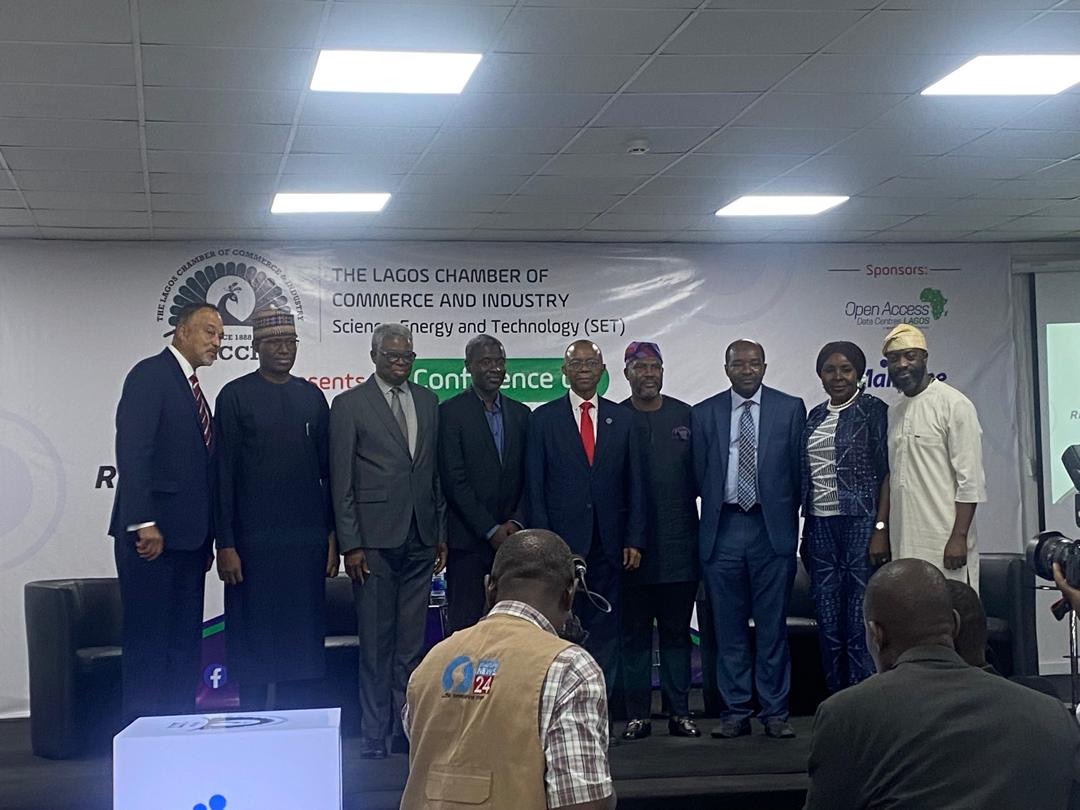In a focused discussion centered on enhancing resilience against recent subsea cable cuts in West Africa, key stakeholders from the telecommunications sector highlighted critical insights and strategies for mitigating future disruptions.
The panel, titled “Building Resilience: the impact of recent West Africa subsea cable cuts,” featured prominent figures including Mr. Tony Izuagbe Emoekpere, President of the Association of Telecommunications Companies of Nigeria (ATCON); Abayomi Adebanjo, Regional and Business Head of MainOne; Engr. Gbenga Adebayo, Chairman of the Association of Licensed Telecoms Operators of Nigeria (ALTON); Dr. Ayotunde Coker, CEO of Open Access Data Centres; and was moderated by Olaniyi Yusuf, Managing Partner at Verraki Partners.
Dr. Aminu Maida, Executive Vice Chairman and CEO of the Nigerian Communications Commission, set the tone with a keynote address emphasizing Nigeria’s swift resolution of recent cable outages through industry collaboration, underscoring the region’s loss of $6.6 billion in three days and Nigeria’s N270 billion loss over four days.
Discussing global initiatives to bolster resilience, Dr. Maida highlighted the EU’s efforts in stress testing subsea cables and Sri Lanka’s collaboration with the International Cable Protection Committee to adopt best practices.
Mr. Emoekpere of ATCON stressed the importance of public awareness campaigns to improve response during such crises, advocating for effective force majeure management.

Abayomi Adebanjo of MainOne shared insights from their recent cable cut incident in March 2024, describing the event as unusual and detailing the restoration process within eight hours through innovative traffic routing and collaboration with network partners. Adebanjo emphasized the critical need for enhancing inland capacity to optimize West Africa’s existing 400TB capacity, currently underutilized due to limited terrestrial network usage.
Highlighting the disparity in regional traffic distribution, Adebanjo noted Nigeria’s significant outbound traffic compared to South Africa, underscoring the urgency for expanding local peering and increasing capacity.
Dr. Ayotunde Coker, also serving as the Science, Energy, and Technology Committee Chair at the LCCI, delivered a presentation on “Building Resilience: Impact of Recent Subsea Cable Cuts.” He outlined the timeline of the March 2024 cable cuts affecting key systems such as the West African Cable System, MainOne, SAT3, and ACE along Africa’s Western seaboard.
Dr. Coker also emphasized the anticipated increase in data center capacity in Nigeria, citing upcoming projects by Kasi Cloud, Open Access Data Centre, Africa Data Center, MainOne, and Rack Centre. He underscored the energy challenges associated with powering these facilities and noted that ICT contributes approximately 14% to Nigeria’s GDP, supporting about 90% of industries reliant on technology.
Engr. Gbenga Adebayo of ALTON reiterated the importance of emergency response and collaboration among operators, emphasizing existing technical cooperation while acknowledging challenges in commercial collaboration.
The panelists collectively called for enhanced regional collaboration in developing terrestrial networks, policies promoting local traffic domiciliation, and proactive emergency response strategies. They urged stakeholders to prioritize digital sovereignty, build Internet Exchange Points (IXPs), distributed infrastructure, and develop local skills and capacity to bolster resilience against future disruptions.
The discussion concluded with a consensus on the imperative for industry-wide cooperation and preparedness to navigate future challenges in the telecommunications landscape.




